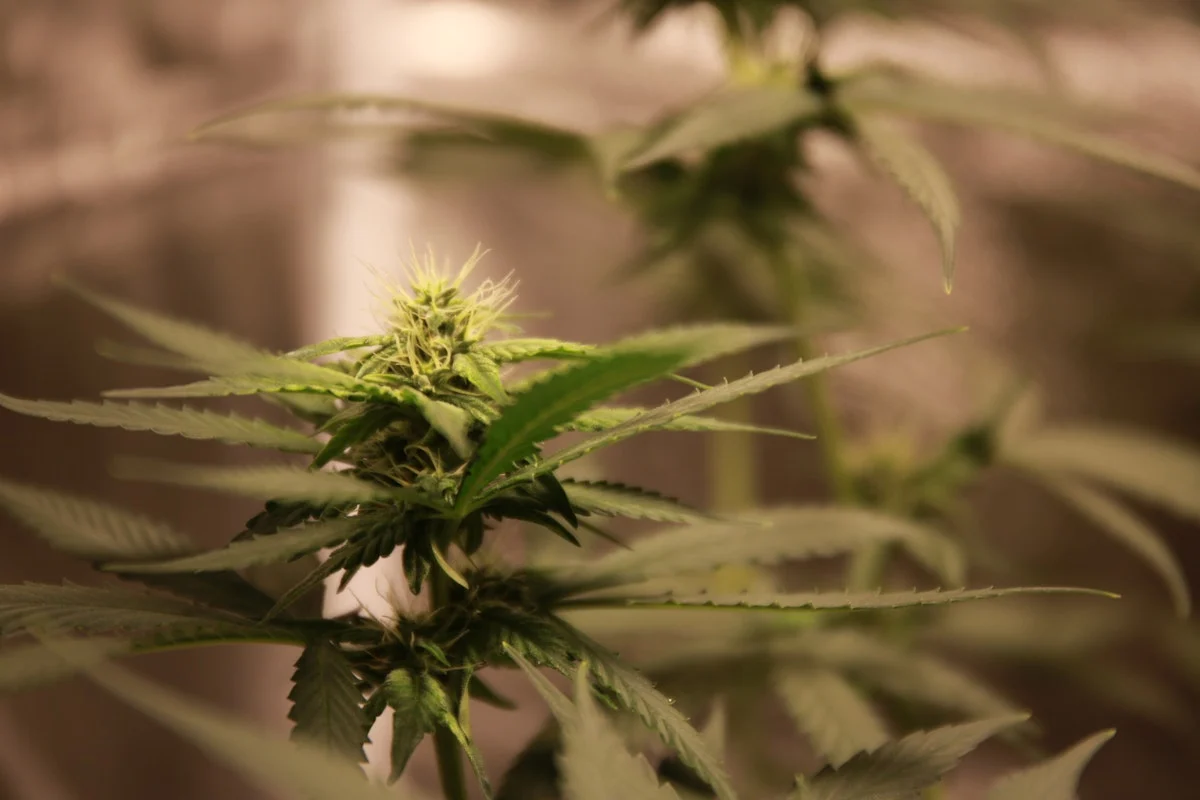A recent study has identified a brain pathway that may explain the relationship between cannabis use and the onset of psychosis. This research highlights a specific mechanism in the brain that can potentially contribute to the development of psychotic symptoms following cannabis consumption.
While the study does not assert that cannabis directly causes psychosis in all users, it suggests a biological basis for why some individuals may experience these severe mental health issues after using the substance. The findings are particularly relevant as the legalization and use of cannabis continue to rise in various regions.
Researchers conducted experiments that involved brain imaging and assessments of how cannabis affects neural pathways associated with psychotic disorders. They found alterations in brain function in participants who reported experiencing psychotic symptoms after cannabis use.
The study emphasizes the importance of understanding individual differences in response to cannabis. Factors such as genetics, pre-existing mental health conditions, and the amount and potency of cannabis consumed may influence whether someone experiences psychosis after use.
This research contributes to an ongoing dialogue about the safety and risks associated with cannabis use, particularly among vulnerable populations. As cannabis becomes more accessible, it is critical to educate users about potential mental health effects, especially for those with a family history of psychosis or other mental health issues.
Further studies are necessary to fully explore the implications of these findings and to develop strategies for mitigating risks associated with cannabis use. As the landscape of cannabis regulation and usage evolves, ongoing research will be essential to inform public health policies and individual choices.




